Our team at Shane Smith Law will review your case, free of charge, and explain your legal options.
Wrongful Death Lawyers in South Carolina
If Your Loved One Died in an Accident Caused by Someone Else's Negligence, Our Experienced Attorneys Can Help You Fight for Compensation
Losing a loved one is never easy, but when someone you love is killed as a result of another person's negligent actions or inaction, it can make the loss feel even more painful. At the Law Office of Shane Smith, we understand that this is an exceptionally difficult time for your family. While we can't turn back the clock to prevent your loved one's death, we can help you pursue a wrongful death claim to ensure that you and your family are taken care of the way they would have wanted.
Here's what you need to know if you and your family are considering taking legal action against the party responsible for the negligence-related death of your loved one.
What Is a Wrongful Death?
Losing a loved one almost always feels “wrong” — and this can be especially true when the death in question was caused by another person's negligence.
However, in order to obtain a financial recovery in a South Carolina wrongful death case, victims and their attorneys must prove the following:
- The defendant owed the victim a duty of care.
- The defendant breached that duty of care, which resulted in the death of the victim.
- The death in question would not have occurred were it not for the defendant's negligence.
Common examples of personal injury accidents that can lead to wrongful death claims include:
- Auto accidents
- Truck crashes
- DUI accidents
- Pedestrian accidents
- Premises liability incidents
- Brain injury cases
Wrongful Death Claim & Recovery Eligibility
Not everyone who loved the victim is eligible to file a wrongful death claim or collect a financial recovery. In South Carolina, the ability to file a wrongful death lawsuit is limited to the executor or administrator of the victim's estate. Of course, not everyone dies with a will prepared and, in the absence of a named executor or administrator, the court may choose to appoint one. Usually, the person selected is a close family member of the victim, such as a surviving spouse, adult child, parent, or named heir. With the addition of a minor child, the aforementioned family members are those who are potentially eligible to receive compensation from a wrongful death case.
Contact Shane Smith Law today to schedule an appointment for a free initial case consultation.
Potential Damages Available in Wrongful Death Cases in South Carolina
South Carolina wrongful death claimants can seek compensation for a wide variety of economic and non-economic damages related to their loved one's death, including:
- Reasonable funeral and burial or cremation costs
- Lost wages, income, and benefits
- Loss of the victim's love, companionship, guidance, and support
- Pain and suffering of surviving family members
- And more
In wrongful death cases where the defendant's behavior is deemed especially heinous, the claimants may also be rewarded punitive damages.
The rarest of all types of compensation, punitive damages are intended to punish the defendant for their bad actions and deter similar conduct in others.
Act Now — The Time to File a Wrongful Death Is Limited
After the unexpected death of a loved one, you may be tempted to focus on laying them to rest and helping your family through the grieving process. However, delaying legal action can be a mistake. In South Carolina, wrongful death claimants have just three years from the date their loved one died to file a lawsuit seeking compensation.
Three years may seem like a long time, but when families are busy and focused on other things, the time can pass in what seems like an instant. Waiting too long to file a wrongful death lawsuit can result in your case being dismissed. Don't let this happen to you.
Consult a Knowledgeable Attorney
Do you have questions about a wrongful death case? Our experienced attorneys can help you and your family understand your rights and explore your options.


-
Millions of Dollars Obtained
Our team is committed to obtaining the best possible result on your behalf. Whether your injury is small or big, we will not rest until we get the compensation you deserve.
Explore Our Results -
Committed to Providing Answers
We understand that this is a scary and confusing time. We have created a library of free resources that will allow you to start finding the answers and solutions to your most pressing questions.
Explore Our Library -
Focused on Your Recovery
We handle all aspects of Personal Injury throughout North Carolina and Georgia. If you have been injured, our team can help.
Explore How We Can Help



